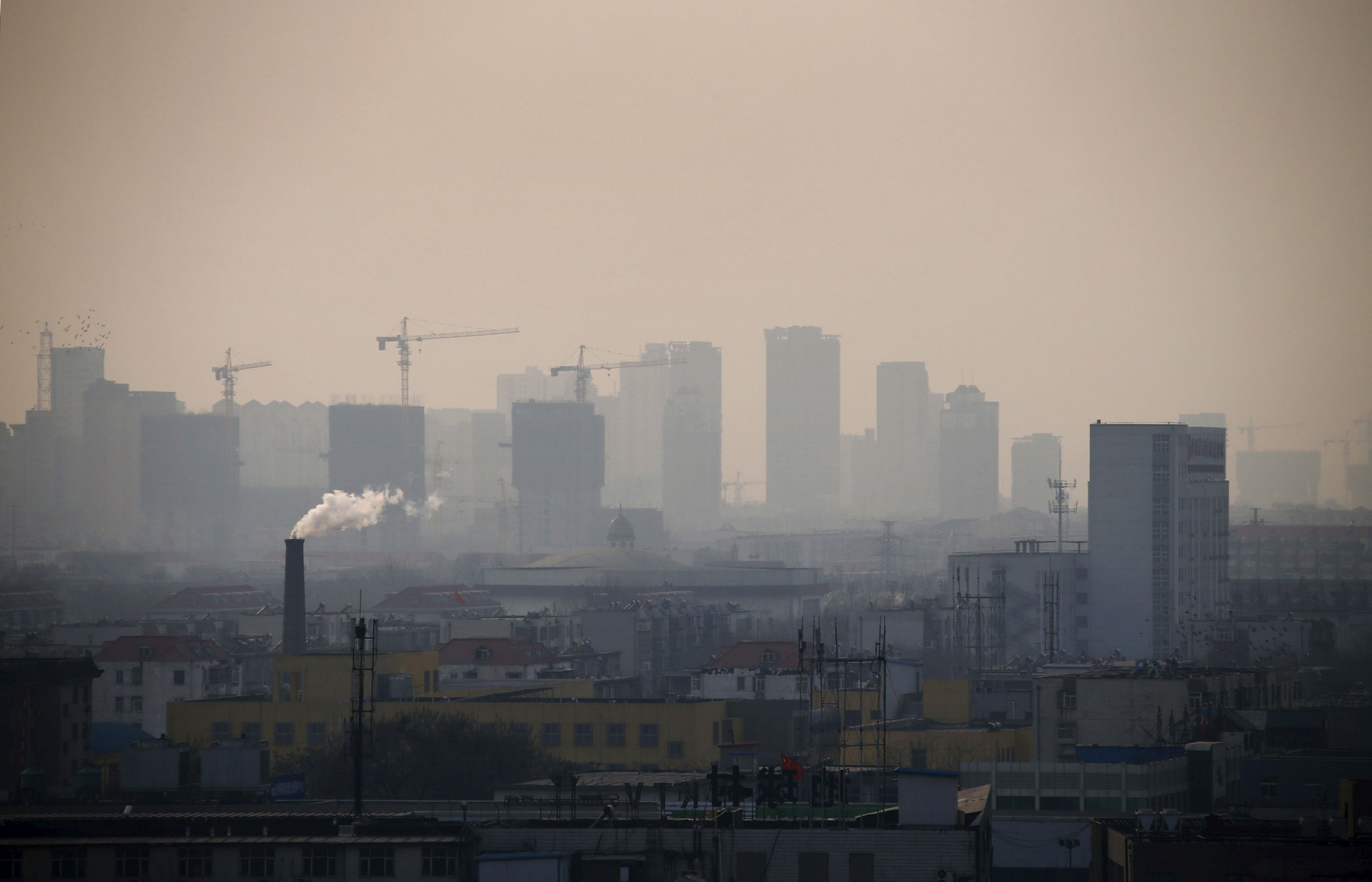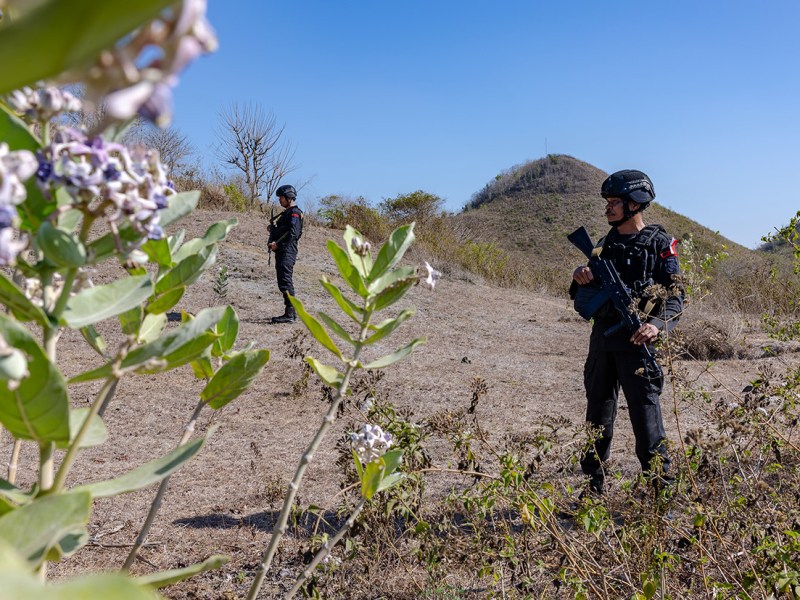
In 2013, the Chinese government established a Beijing-led global infrastructure development strategy, known as the Belt and Road Initiative (BRI).
Under the BRI, Chinese state actors and companies have injected debt and equity financing in nearly 70 countries. The lion’s share of this financing is comprised of fossil fuel investments and large-scale infrastructure projects, which have high climate, environmental and social impacts.
The BRI is known for its ‘ease of doing business’ – and doesn’t hold recipients of financing to binding conditions on environmental and social standards. BRI deals are often shrouded in secrecy, while decision making processes are often off-limits to the public, including local communities most likely to be impacted by the projects. Just Finance International works with both local and international actors to make sure these investments and projects are held to better transparency and accountability standards.
Recent reports about Belt and Road Initiative

Chinese companies in Serbia
Disgraced in international operations
Chinese companies have invested in production, infrastructure and enterprises in Serbia since 2014. So far, very little is known about the backgrounds and track records of these companies, which have similar operations in other countries.
Just Finance did a global scan, and found reports of severe environmental violations, debarments from international banks, and repeated breaches of national regulations, including accusations of land grabbing.
Coal power in Europe
The debacle of Chinese financed Kostolac B3 coal-fired power station in Serbia
China continues to be the top financier of coal-fired power internationally. Its state-owned enterprises and development banks are constructing and financing many of the world’s new coal projects. This is increasing the risk that countries participating in the Belt and Road Initiative will be locked into high-emissions development pathways.
This overview explains the status of China-backed coal projects in Southeast Europe, and the compliance irregularities that surround them.

Particle pollution
How Chinese investments compromise Serbian independence
The Smederevo steel factory, founded in 1913, was bankrupt in 1990s due to the sanctions during the Yugoslav wars. Since 2016 it is operated by HBIS GROUP Serbia and owned the state-owned Chinese iron and steel company Hesteel Group Company Limited – one of the world’s biggest steel producers.
The Smederevo steel mill and a trade port on Danube River cause significant air pollutions and loud disturbing noise. Readings of the air quality near the steel factory showed particle pollution, above the limits in national legislation.
Overview of Chinas coal projects in Europe
News about Belt and road initiative
Western investors are fueling the controversial East African oil pipeline through the back door
Despite the fact that many investors publicly banned the controversial EACOP pipeline they still plough USD five billion into one…
“I Am Ready to Be Killed!”: Snipers, Informants, and Persecution Ahead of Mandalika MotoGP Event
Leading up to the Mandalika International Street Circuit race, Indonesian state security forces imposed extreme intimidation and restrictions on local…
Ugandan families displaced and left to struggle by China’s mega dam
Construction of the Karuma dam has deprived hundreds of people in Uganda’s Nile delta of their land, homes, and livelihoods.…



